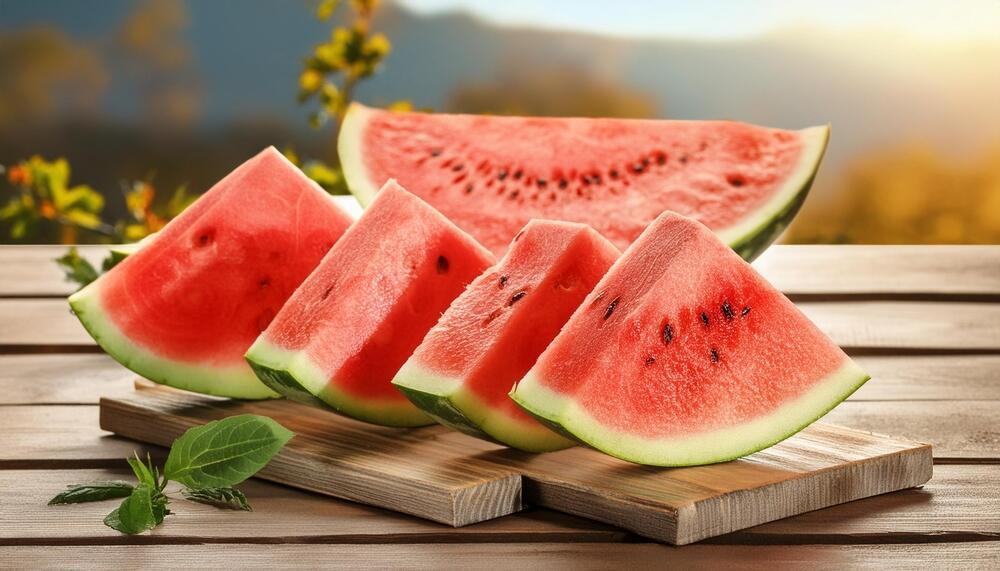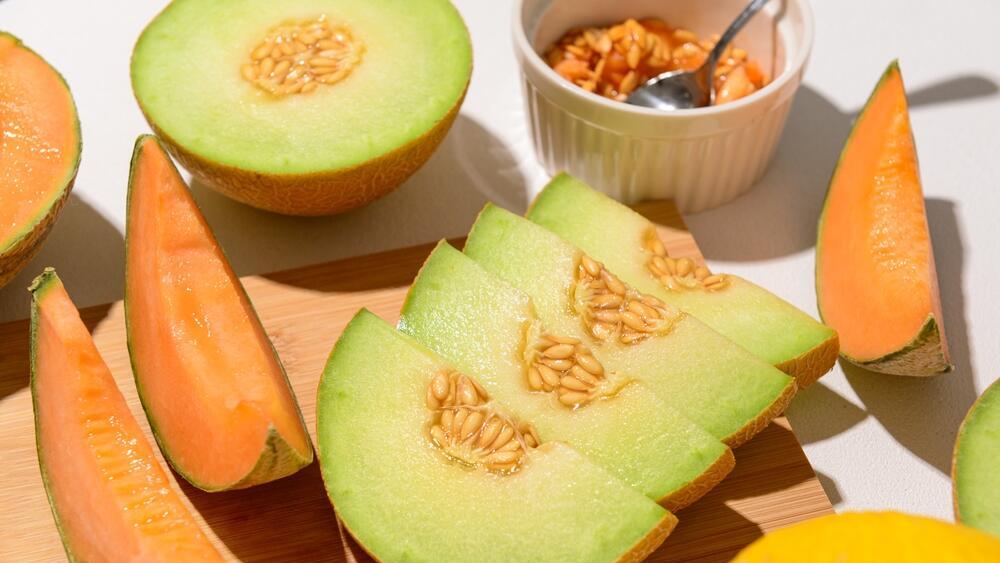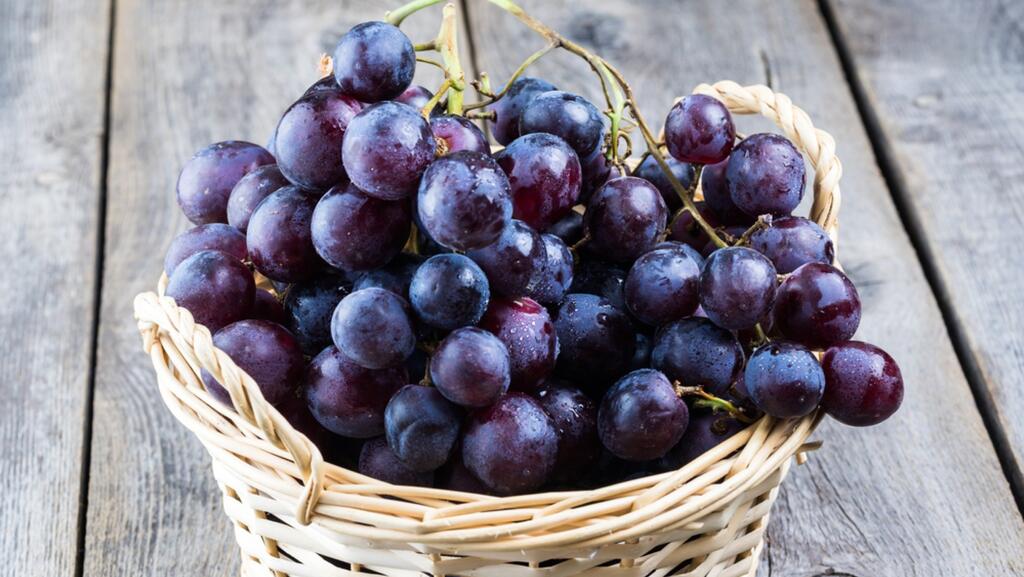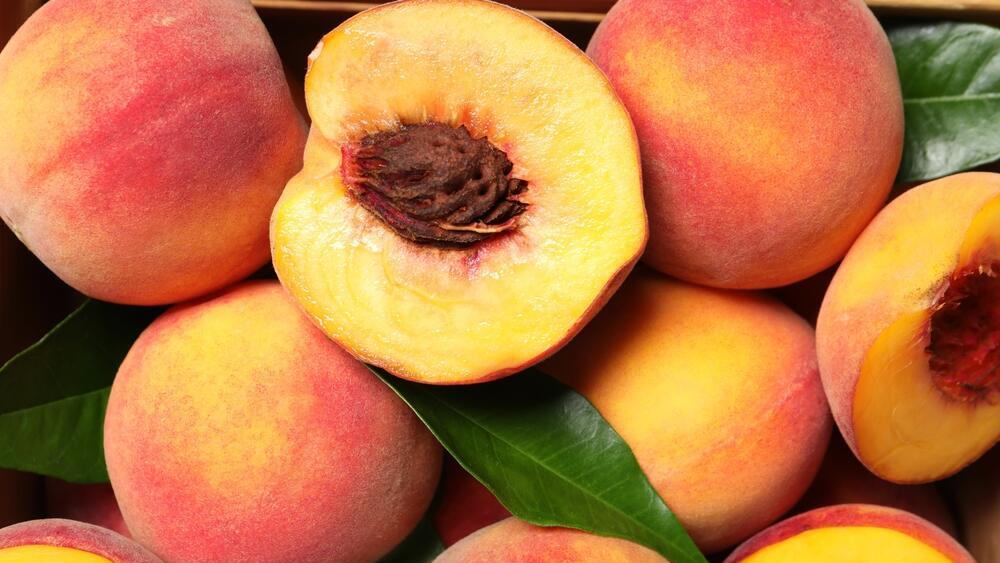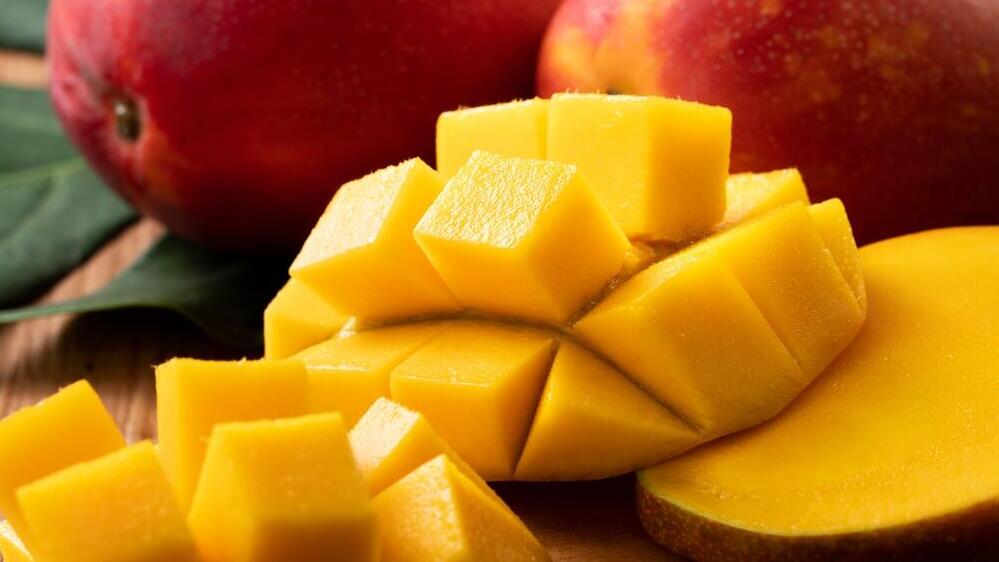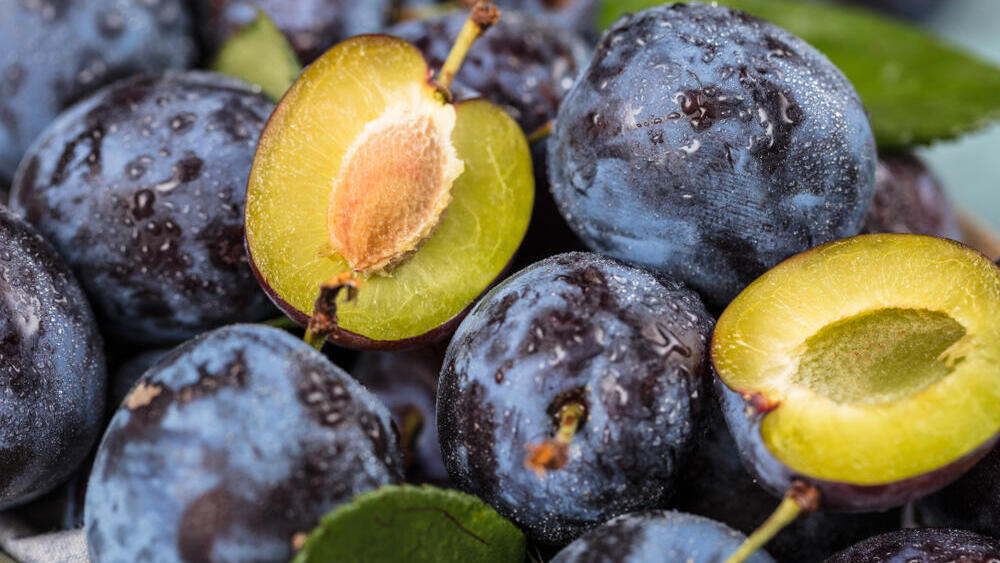Getting your Trinity Audio player ready...
As the first fruits of the season begin to appear in stores, we know summer is near, even if the weather hasn’t quite caught up. But can we indulge in fruit without limits?
It’s important to first recognize that fruits have health benefits. They’re rich in vitamins (especially vitamin C, vitamin A, and folic acid), minerals (particularly potassium), dietary fiber, and phytochemicals—antioxidants that slow aging and reduce the risk of chronic diseases such as cancer and cardiovascular diseases, as well as inflammatory conditions.
Research has also linked fruit consumption to a lower risk of heart disease, hypertension, stroke, various cancers, and diabetes. However, unlike vegetables, fruits contain relatively high amounts of sugar.
The primary sugar in fruits is fructose, which is absorbed rapidly. Excess fructose can lead to increased blood fats (triglycerides) and fatty liver, so it’s important to consider sugar content, especially for those with diabetes. Even sour fruits contain sugar. The sour taste is due to organic acids, which can mask the sweetness.
The Relationship Between Fruits and Our Health
Red, purple, and blue fruits are high in antioxidants. Orange and yellow fruits are packed with vitamins A and C, essential for the immune system. Green fruits also contain antioxidants, minerals, and vitamins. The fiber in fruits aids digestion and prevents constipation and bowel diseases. With their vitamins, minerals, antioxidants, fiber, and natural sugars, fruits are a delicious, convenient, and energizing food option.
 Meital LeviPhoto: Nisso Shalev Leibovich
Meital LeviPhoto: Nisso Shalev LeibovichWatermelon: Protects Vision
One cup of watermelon contains 60 calories and 12 grams of carbohydrates. Watermelon is rich in vitamins (C, A, and B vitamins) and contains lycopene, an antioxidant that helps prevent various cancers and benefits heart health. Carotenoids like lycopene reduce the risk of macular degeneration, an age-related retinal deterioration that is a leading cause of vision loss in older adults. Vitamin C, a powerful antioxidant, also improves vision. Watermelon is high in potassium, which helps maintain blood pressure, supports nervous system function, and contains citrulline, which reduces the risk of hypertension, stroke, and heart disease. Additionally, watermelon, composed of 92% water, helps keep the body hydrated, preventing fatigue, reducing headaches, flushing out toxins, and improving skin appearance and elasticity.
Melon: Helps Regulate Blood Pressure
One cup of melon contains 60 calories and 12 grams of carbohydrates. Melon is rich in potassium and also contains vitamins like C, B6, folic acid, K, and magnesium. Its high potassium content helps regulate blood pressure, which can benefit those with hypertension. Melon is also about 90% water, similar to watermelon, but with more dietary fiber, making it more filling. Its mineral content, including potassium, magnesium, and calcium, makes it an ideal fruit for preventing dehydration during the summer.
It is also an excellent source of vitamin A and beta-carotene—antioxidants that protect against infections, various cancers, and more. These components also contribute to eye health and proper vision and support skin health. Melon contains lutein, a substance crucial for eye health. It’s best to choose orange melons, as they have higher levels of beta-carotene and vitamin C.
Grapes: Low Glycemic Index
One cup of grapes (100 grams) contains 69 calories and 18 grams of carbohydrates. Grapes are rich in various vitamins, including C, K, thiamin, riboflavin, B6, and minerals like potassium, manganese, and copper. They are also packed with antioxidants that reduce inflammation and inhibit the growth and spread of cancer cells.
Two well-known antioxidants found in grapes are resveratrol and anthocyanins, which help prevent infections, cancer, high blood pressure, heart disease, and atherosclerosis. Green grapes contain lutein, a major antioxidant in the eye, essential for maintaining eye health and preventing atherosclerosis. Purple grapes are preferable because they contain powerful antioxidants called anthocyanins, giving the grapes their color. Despite their sweetness, grapes have a low glycemic index, meaning they raise blood sugar levels slowly.
Peach: Lowers Bad Cholesterol
A medium peach has about 45 calories and 10 grams of carbohydrates. Peaches contain vitamins (A, C, E, K) and minerals like potassium, niacin, copper, and manganese. They are rich in dietary fiber, which supports healthy digestion. Studies have shown that peaches bind to bile acids—byproducts of cholesterol produced in the liver—and help excrete this compound along with the bad cholesterol it contains, slightly reducing blood cholesterol levels.
Peaches are rich in antioxidants, particularly polyphenols and flavonoids. Yellow and orange peaches contain an impressive amount of carotenoid antioxidants, which have a beneficial effect on eye health, especially beta-carotene. Peaches also contain caffeic acid and choline, antioxidants that contribute to their health benefits.
Mango: Slows Skin Aging
One cup of mango contains 60 calories and 15 grams of carbohydrates. Mango is an excellent source of beta-carotene, a compound known for promoting a healthy immune system and preventing inflammatory processes. It is rich in antioxidants, making it a beneficial food for digestive issues such as gastritis and constipation. Mango is high in vitamins C, A, folic acid, B6, E, and K, as well as copper and potassium.
Vitamins A and C are responsible for collagen production in the body, which protects connective tissues and blood vessels and helps slow the natural aging process of the skin. Vitamin K is crucial for bone formation, and a deficiency is associated with an increased risk of fractures. Mango is also rich in pectin, which helps lower bad cholesterol.
Plum: Supports Bone Health
One cup of plums contains about 30 calories and eight grams of carbohydrates. Plums are rich in antioxidants, found in the purple pigment, which helps reduce inflammation and protect cells from damage caused by free radicals. They are especially rich in an antioxidant called polyphenol, which has positive effects on bone health and is known to reduce the risk of heart disease and diabetes. Plums contain almost twice the polyphenols found in other fruits.
Another powerful antioxidant in plums is anthocyanin, associated with reduced risks of heart disease and various cancers. Plums are also effective in treating constipation due to their high fiber content and digestive stimulants. Compared to other fruits, plums have a relatively low glycemic index, meaning they raise blood sugar levels slowly. Plums contain vitamins that contribute to their health benefits, including C, A, E, and K. Although the vitamin content is relatively low compared to other fruits, plums have a good amount of minerals, mainly potassium, which helps maintain heart health and lower blood pressure.
The author is a clinical dietitian at Leumit Health Care Services.


